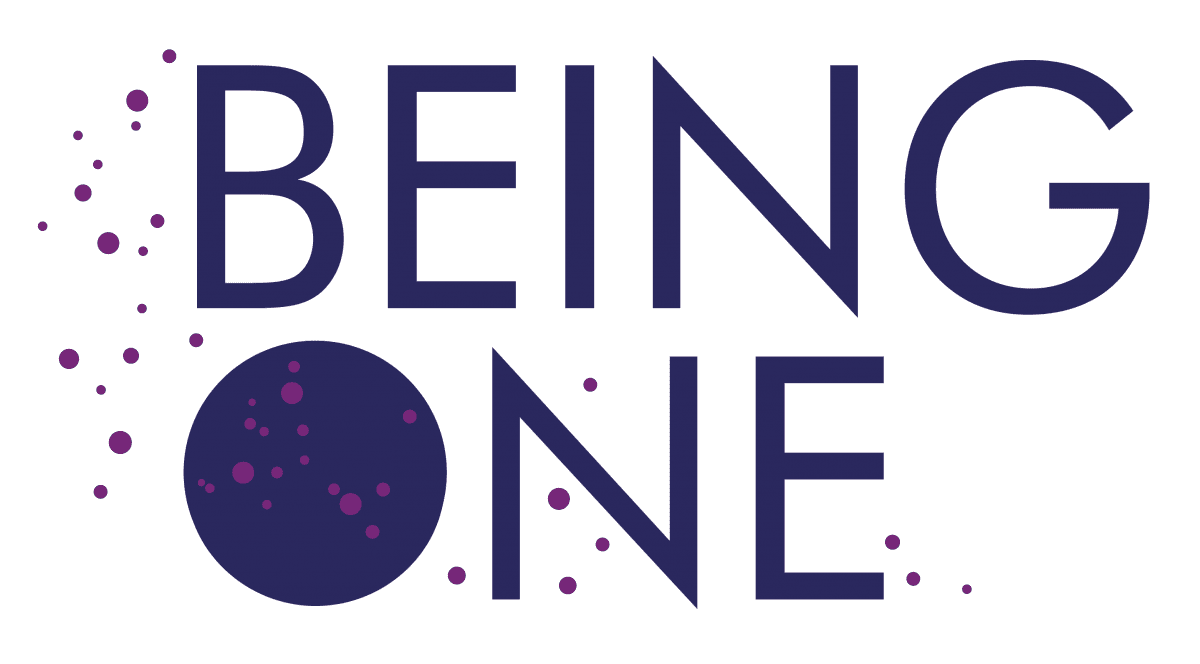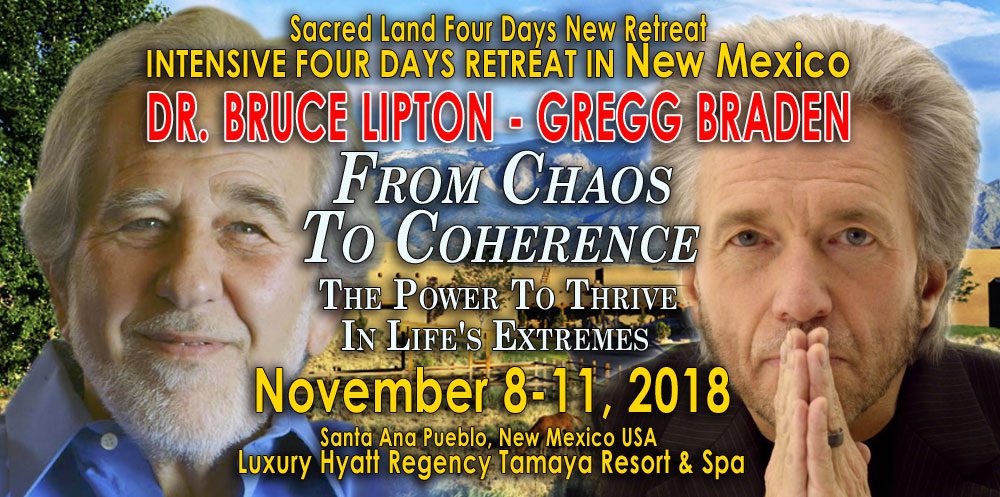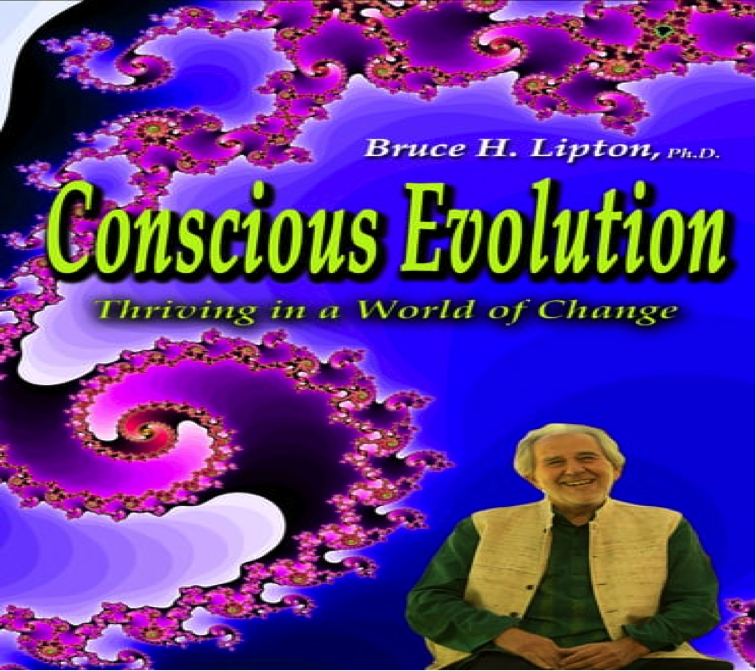Dear Friends, Cultural Creatives and Seekers Everywhere,
Most people have the misimpression that the brain controls all aspects of our inner and outer worlds.
In regard to our internal biology (genetics and behavior), it turns out that each organ system has its own inherent nervous system. Clusters of regulatory neurons, organized into nodes called ganglia, are present within each organ’s tissues. Ganglia control the functions within the organs in which they are embedded. For example, one can dissect the entire digestive system from throat to anus, and remove it from the body. Placing some food in the esophagus end, the digestive system will shuttle and process that food through the entire gut and eliminate waste at the anus without the use of a brain. The gut has its own “brain” that allows it to operate independent of all the other organs. Similarly, the heart has an inherent “brain” that regulates its contractions and controls blood flow. A heart continues beating even after its removal from the body.
The brain does not directly control the mechanics of an organ system. Its function is to release hormones and regulatory factors that integrate and coordinate organ activity so that the systems “play” in harmony. The specifics of the coordinating chemistry released by the brain are controlled by the mind. The mind’s role is analogous to that of a symphony conductor. In this analogy, bodily organs represent musicians that already know how to play their own parts (i.e., behavior), while the mind represents a “conductor” directing their collaboration.
The emotional character of the “conductor” is profoundly important in influencing the body’s health and behavior. There is a profound difference in the character of your life if your conductor-mind is programming Beethoven’s Pastoral or Mick Jagger’s Symphony for the Devil.
Around 1% of disease is due to genetic aberrations, which means that >90% of life’s dysfunctions are attributed to environmental stressors. The perceptions/beliefs held by the conductor-mind shape an individual’s response to stressors, which in turn determine an individual’s state of health or disease. The emotions experienced in acquiring our learned perceptions/beliefs shape how our conductor-mind responds to perceived stresses.
In times of stress, the mind’s emotions, such as love, anger, fear, and jealousy, color the character of our responses to environmental stimuli. About 70% of our developmental learning experiences are negative and disempowering, consequently, their attendant negative emotions cause our conductor-mind to create disharmony in the system, physiologically expressed as dis-ease.
New research (cited below) reveals that in times of stress, talking to our selves in the third-person helps control emotions and enables our conductor-mind to manifest harmony (i.e., health) within our organ “orchestra.” For example, say Bruce is stressed-out and is emotionally reactive when addressing himself in the first person: “Why am I distressed?” Bruce has a completely different response when he expresses his feelings in the third-person: “Why is Bruce distressed?”
Referring to one’s self in the third-person causes us to think about ourselves in the detached manner that we think about others. This creates a psychological distance between the mind and our personal experiences and as a consequence diffuses the influence of controlling emotions.”
Electroencephalograph (EEG) assessments of how people’s brains respond to disturbing photos show that their emotional brain centers decreased activity 1 second after they began to refer to themselves in the third-person. Participants in another study reflected on painful experiences from their past using first- and third-person language. Upon using third-person self-talk, their brains displayed significantly less activity in a region implicated in reflecting on painful emotional experiences.
Forty years ago, psychoanalysis would have concluded that I was a manic-depressive. Having a very “bad day” in the lab led to a rash of negative self-talk, berating my self and my abilities. In those days, if my verbal self-abuse went unabated, I would find myself in a downward spiral into the depths of depression. On this particular day, in the midst of a tirade of negative self-criticism, I distinctly heard a detached third-party voice in my head calmly say, “Bruce, don’t you have anything better to do than to listen to this crap?”
Momentarily stunned, yet quite amused by the humor in this disembodied voice’s statement, I stopped the negative self-talk, picked up a newspaper and sought a movie to see … something far better than listening to myself. I immediately redirected my attention and the downward spiral was instantly averted. The joy is that ever after that day, the moment I would initiate negative self-talk, I would remember the voice and laugh. The result: through habitual laughing every time it occurred, I rapidly reprogrammed my mind to automatically cancel negative self-talk by redirecting my attention. No longer manic-depressive, now I am just manic!
As I have personally experienced on several occasions, using third-person self-talk for immediately regulating one’s emotions is profoundly more effective and efficient than conventional emotion-controlling methods that require considerable thought and effort.
Conclusion: Removing emotions from controlling life strategies offers an opportunity to more effectively manage life stresses free from emotional bias.
Details of the study referred to above can be found here.
Stay tuned for next month’s newsletter video on this important topic.
Wishing you Health, Happiness and Harmony.
With Love and Light,
Bruce
Upcoming Live Events:
Accelerating Your Evolution Through Science

Join me for Humanity’s Team, “The Consciousness of Your Cells: Transforming Yourself & The World From The Inside Out.” This free online event series features me, Gregg Braden, HeartMath Leaders, Howard Martin and Deborah Rozman.
Register

Life West Chiropractic College
At the heart of vitalism, lies the ability to change one’s life by changing one’s beliefs and perceptions. In collaboration with Dr. Bruce Lipton, the best selling author of The Biology of Belief, Drs. Jeff Rockwell and Omri Sitton have recognized that this process can be fortified and made easier by ensuring that our patients’ nervous systems are capable of experiencing safety both in their environment and within themselves. Join Dr. Bruce Lipton and his two special guests on July 21 and 22 for a weekend learning experience that can change your patients’ lives.
Sat., July 19, Hayward, CA
More details

The Three Amigos
Fri.-Sun., July 27-29, Mexico City
More details

The Grand Convergence: The New Science of the Body-Mind-Spirit Trinity
Fri., Aug. 3, 2018 7:00pm to Sun., Aug. 5, 2018 12:00am, Mutiversity, Scotts Valley, CA
More details

29th Santa Fe Conference Integrating Spirituality, Mindfulness and Compassion in Metal Health and Addictions
Mon.-Wed., Aug 6-8, Santa Fe, New Mexico
More details

Kripalu Retreat Center
Aug. 17-19, Stockbridge, MA
More details

The Ageless Living Series
Fri.-Sat., Sept. 7-8, Santa Fe, New Mexico
More details

Arlington Institute
Sat., September 15, Arlington, West Virginia
More details

Women’s Wellness Conference
Sun., Oct. 7, Irvine, CA
More details

Being One Forum
Fri.-Sun., Oct. 12-14, Valencia, Spain
More details

Prana Vita
Oct. 19-20, Salzburg, Austria
More details

TCCHE
Sat., Oct. 27, London, England
More details

Hay House Las Vegas
Sat.-Sun., Nov. 3-4
More details

From Chaos to Coherence, The Power to Thrive in Life’s Extremes
Thu., Nov. 8, 2018 9:00am to Sun., Nov. 11, 2018 6:00pm
Hyatt Regency Tamaya Resort and Spa Pueblo, NM
More details
New Streaming Product Now Available

Conscious Evolution: Thriving in a World of Change, filmed at The Agape Spiritual Center in Los Angeles, CA. Watch the Trailer
Bruce Recommends:

My friend and colleague Martha Reich’s new album Brave Bird has been released.
For more information: Martha’s website, Bandcamp, iTunes, and CD Baby.

My colleague Alberto Villoldo’s new book The Heart of the Shaman.
More information